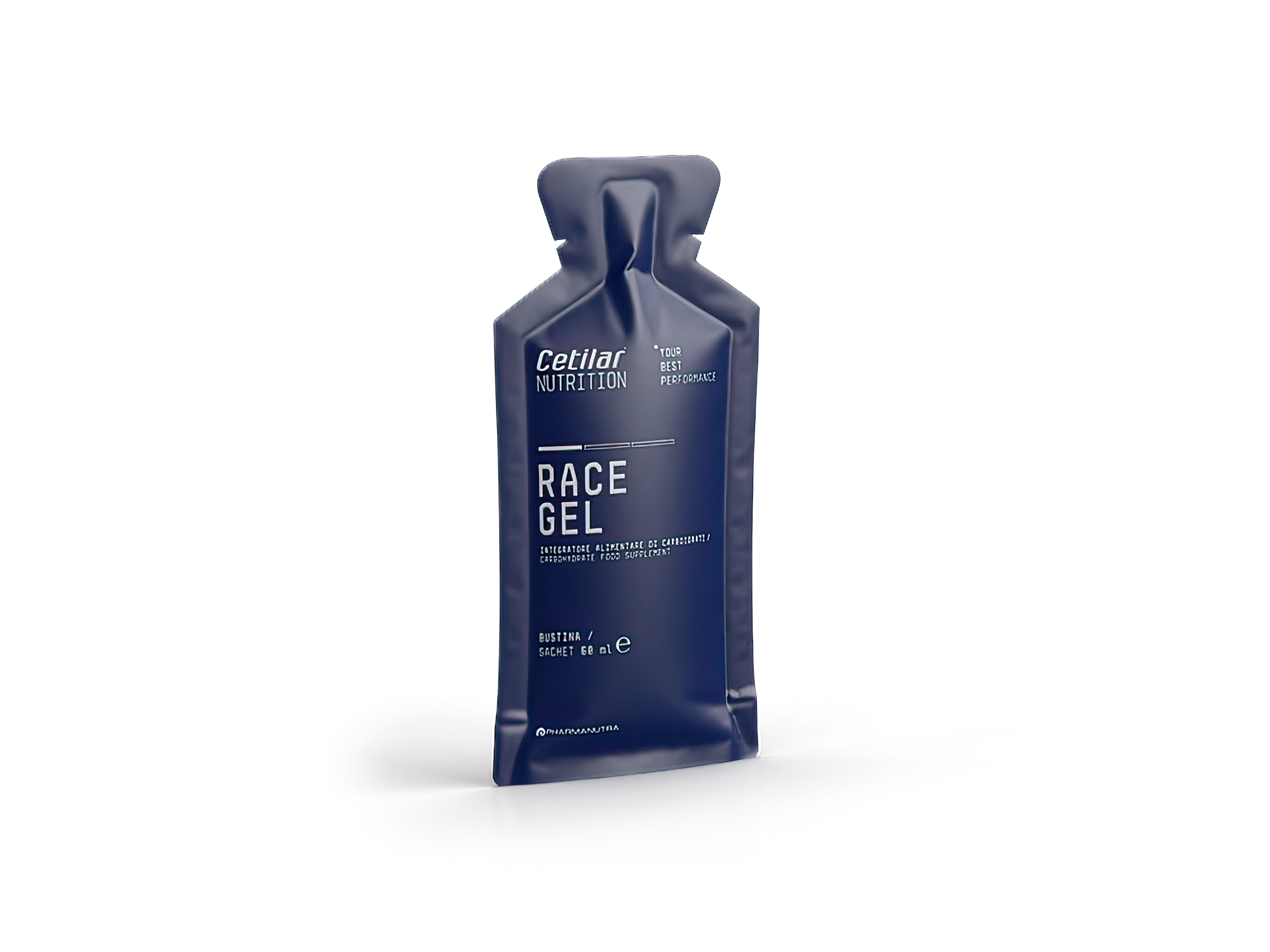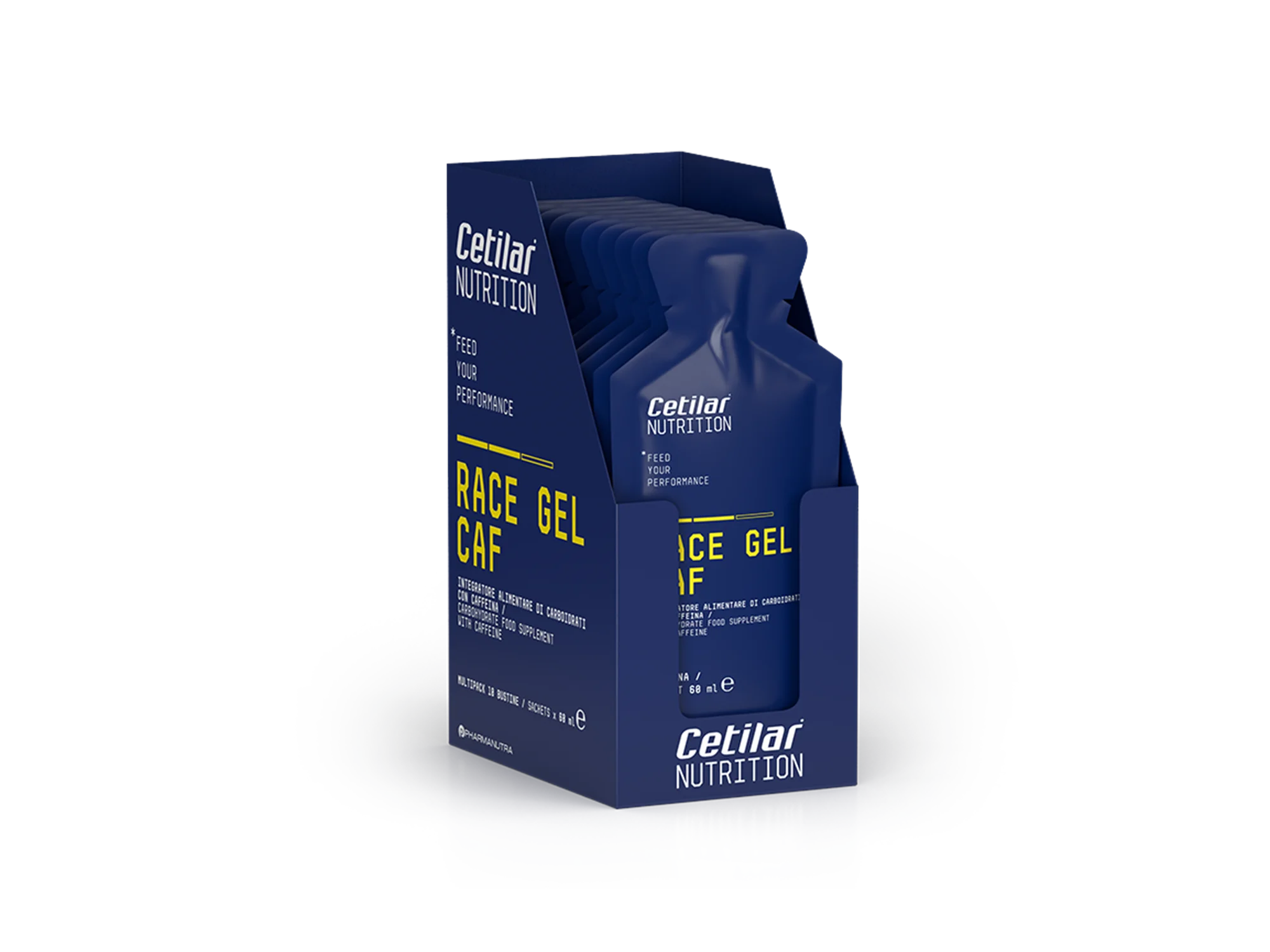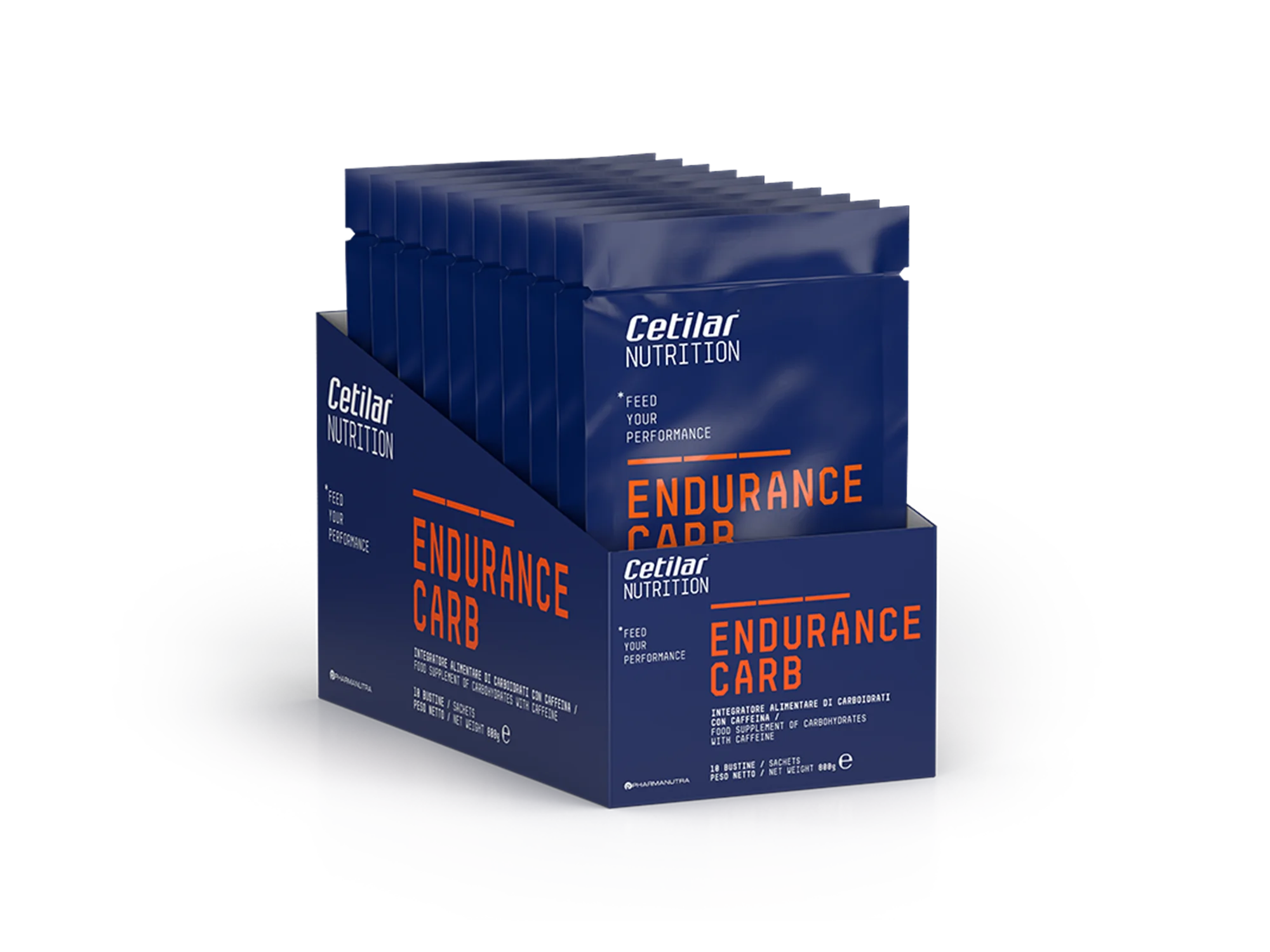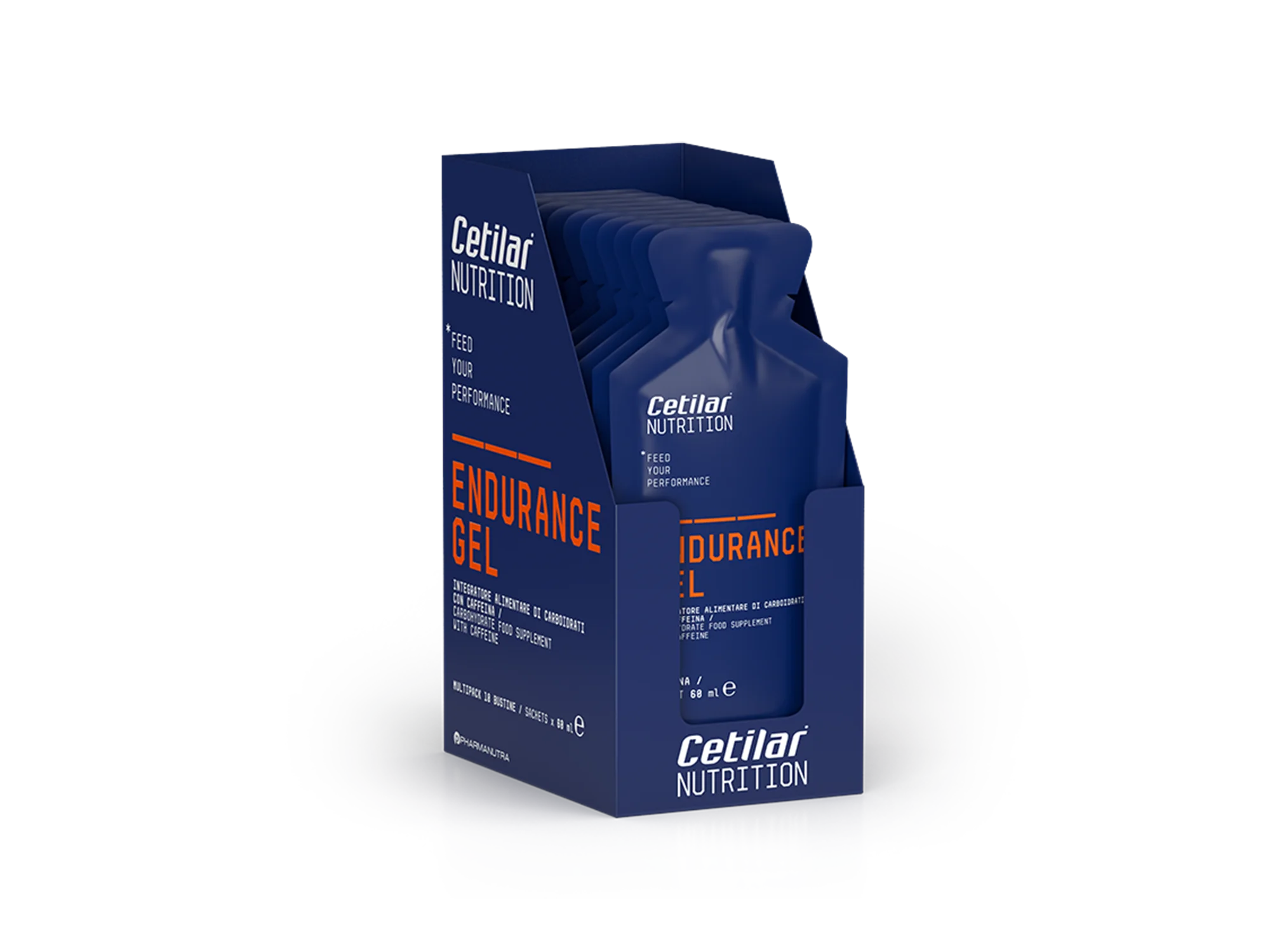WATER AND SALTS IN RUNNING: HOW AND WHEN TO REPLENISH DURING TRAINING

As both amateur and competitive runners are well aware, replenishing fluids lost during and after sporting activity is essential.
Running is a sport that involves all the muscles in the body and is often used as a basis for other types of activities. This means that the majority of athletes include running in their training programme. The general advice given by trainers, instructors, teachers and athletes in general is not to overlook a very important aspect that links running, and sport in general, to the well-being of the body, which is to pay serious attention to hydration and to replenishing the mineral salts that are lost through sweat.
In a previous article we discussed the role of hydration in athletic performance. Now we are going to focus on essential mineral salts, how to determine your real replenishment needs during sporting activity and when to take them.
WHAT ARE MINERAL SALTS?
Mineral salts are inorganic chemical elements that are essential for every form of life, not only for humans. They have a fundamental role to play in biological function, although they are a small percentage of the human body, around 6-7%. Obviously, mineral salts are mainly ingested through the various foods in our daily diet, an essential component of which must be fruit and vegetables, which are important sources of mineral salts.
The fundamental roles played by of these precious elements control and regulate the structures of our body. Depending on the quantity contained in our body, mineral salts are divided into microelements and macroelements. The most important mineral in our body is calcium.
Having said this, it is important to clarify that the mineral salts in water, and therefore supplements, must not be seen as substances that improve an athlete’s performance. Indeed, although it is true that mineral salts are recognised by everyone as useful substances for athletes, it is important to underline that they must only be taken in particular circumstances. In the case of running, it is clear that mineral salts may be useless if training does not require a great amount of effort. We cannot compare a sprint to a marathon or a jog in the park to a long-distance run.
Consequently, it is appropriate to make some assessments before taking these substances:
- Timing and intensity of training. Intense exertion for more than an hour may require an intake of mineral salts. If I am a competitor rather than a professional athlete, I will clearly be involved in highly intensive training. If I run for 30 minutes 3 times a week, mineral salts are already abundantly absorbed through nutrition.
- Weather conditions. Is replenishing while running on a cold day in winter the same as replenishing on a hot summer day? Absolutely not. If you think that a litre of sweat contains approximately 1.5 grams of mineral salts, clearly the sweat lost during a running session in winter is not the same as it is when training in the summer.
ESSENTIAL MINERALS IN A RUNNER’S DIET
Previously, we specified that mineral salts are found in foods. This means that, before resorting to supplements, it is advisable to follow a healthy diet, obtaining mineral salts from a varied and balanced diet. The most important elements we need are calcium, phosphorus, iron, magnesium, potassium, zinc and selenium.
Before taking supplements, a distinction must be made between people who really need to take mineral salt supplements and those whose intake is already more than sufficient for their sporting performance.
WHEN IS IT NECESSARY TO TAKE MINERAL SALTS?
Supplements should mostly be taken while engaged in sport. The ideal solution is to sip regularly every 15-20 minutes, to avoid becoming very thirsty. This ensures that you will be able to complete your training session without any risk of lowering your hydration levels too much. Be careful though, because taking too much water and mineral salts during exercise can be counterproductive and compromise the session with an unpleasant feeling of bloating and fatigue.
A final important aspect is undoubtedly the quality of the mineral salts we choose, because not all mineral sources are the same.
Hydrate Fast, for example, is a food supplement supplied in pre-measured sticks to be dissolved in water, containing Sucrosomial® Magnesium, a source of magnesium that is easily assimilated and tolerated by the intestine. Hydral is particularly suitable during moderate or intense physical exercise, when there is an abundant loss of fluid due to sweating.



